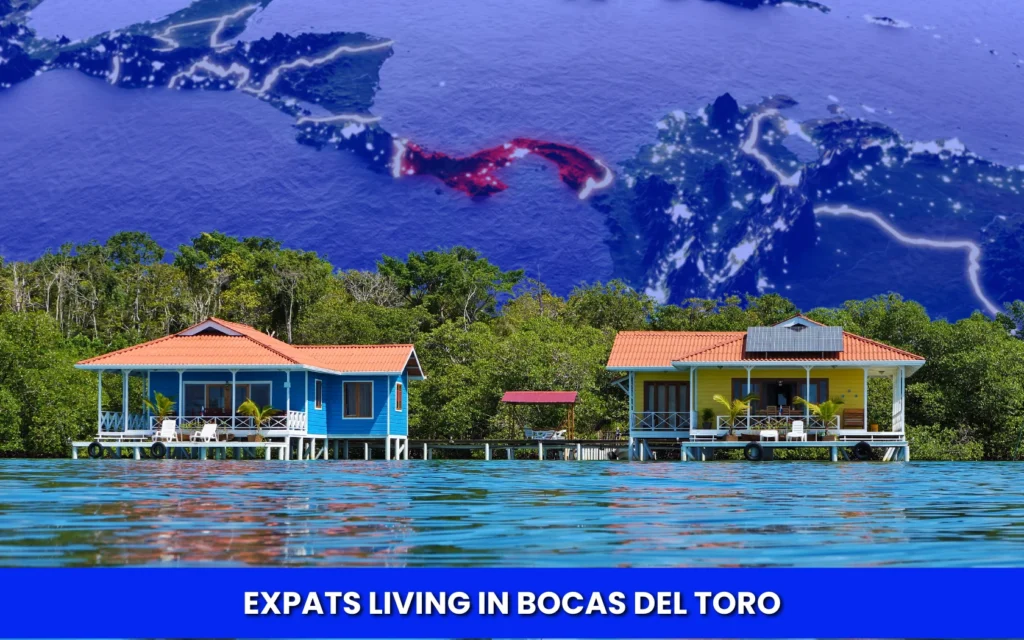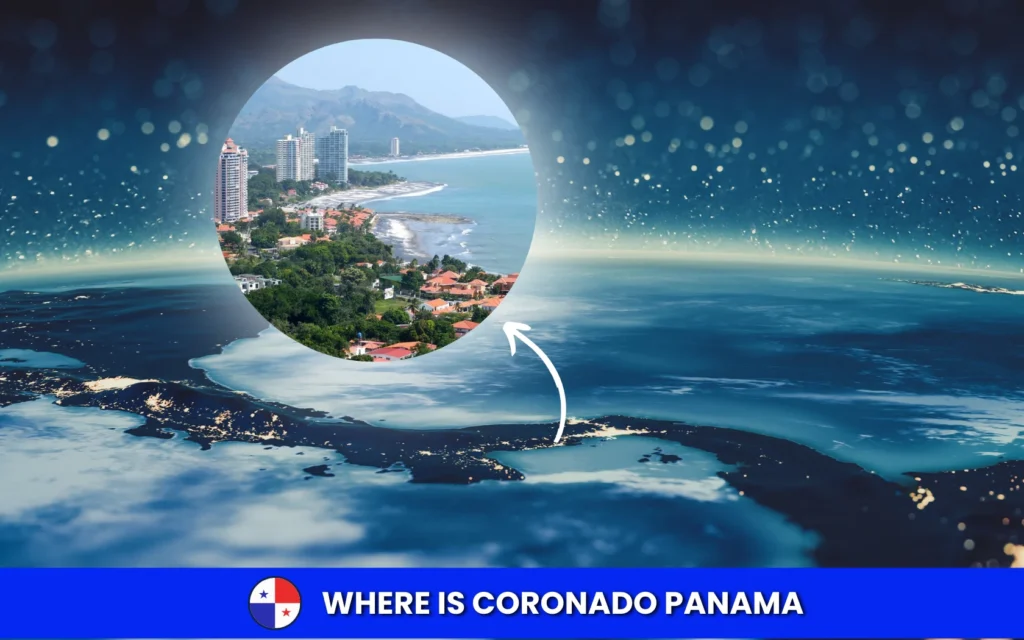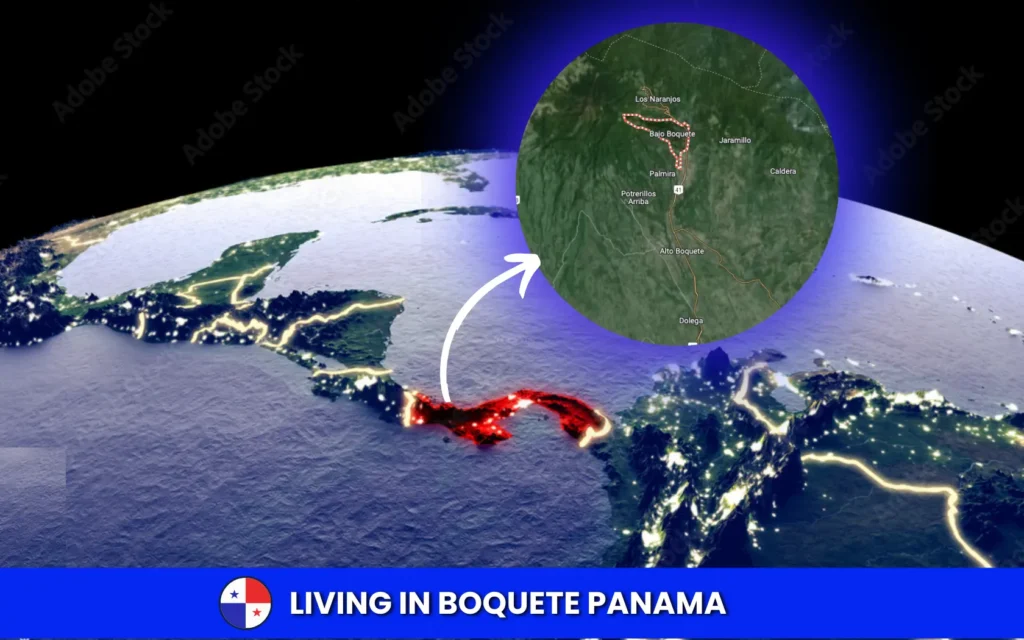The country’s government structure, rooted in democratic principles, has played a pivotal role in maintaining order, justice, and citizens’ rights.
This stability and the promise of a peaceful life might be attractive to those considering a move to Panama, the government in Panama’s political environment is marked by its resilience against such adversities.
This raises an intriguing question: Is Panama’s government impervious to the regional turmoil? The answer lies in the country’s robust constitutional framework, designed to uphold peace, justice, and equity for all its inhabitants.
Constitutional Framework
Panama’s constitution, the bedrock of its governance, ensures a balanced distribution of power among its governmental branches. This framework is crucial for maintaining the nation’s democratic integrity and social stability.
By emphasizing checks and balances, Panama’s constitutional design prevents the concentration of power and fosters a political environment conducive to growth and prosperity. Such a stable foundation not only attracts expatriates looking for a serene haven but also promotes a thriving ecosystem for business and leisure, making Panama a top choice for relocation.
Universal Suffrage, like a simple majority voting system
Panama’s commitment to democracy is epitomized by its universal suffrage and simple majority voting system. This inclusive approach to governance ensures that every citizen’s voice is heard, and leadership reflects the will of the populace. The simplicity and fairness of the voting system strengthen the nation’s democratic foundations, fostering a politically engaged society.
For expatriates, this means being part of a community where opinions matter and governance is transparent and accountable.
The Type of Local Government in Panama
In Panama, the local government structure is intricately linked with its national governmental framework, reflecting a blend of centralized and decentralized elements. This blend is pivotal in managing both the urban and rural areas effectively, catering to the diverse needs of its populace.
At the local level, the country is divided into 10 provinces and further into districts and corregimientos, each with its own local authorities, including mayors and local councils. These local entities play a crucial role in addressing the immediate needs of their communities, from infrastructure projects to social services, ensuring that governance is responsive and tailored to the local context.
The coordination between national and local government is essential for the successful implementation of policies and programs. This interconnection is facilitated through various mechanisms, including fiscal transfers and national oversight bodies, which help maintain a balance between national priorities and local autonomy.
The effectiveness of local governance in Panama is further enhanced by community participation, allowing citizens to have a say in the decision-making processes that affect their daily lives. This participatory approach fosters a sense of ownership and accountability, contributing to the overall stability and development of the country.
Presidential Republic Government
Panama operates under a presidential republic system, where the president is not only the head of state but also the head of government. Elected by the populace for a non-renewable five-year term, the president holds significant executive power. This centralized power includes appointing a cabinet to aid in governance, ensuring that policies and directives are implemented efficiently across the country.
The absence of a second vice-presidential position since 2009 underscores a streamlined executive branch focused on effective governance and policy implementation. This structure supports a clear leadership vision and a cohesive government strategy, pivotal for national development and international relations.
National Assembly of Panama
The legislative backbone of Panama is its National Assembly, a unicameral body comprising 71 members. These members, elected every five years, have the capacity for re-election, which allows for continuity and experience within the legislative framework.
The Assembly’s responsibilities are manifold, including initiating legislation, ruling on international treaties, approving the national budget, and establishing political divisions.
The inclusion of a significant proportion of women post the 2014 election marks a step towards gender diversity and inclusivity in Panamanian politics, reflecting a modernizing legislative body that values diverse perspectives and equitable representation.
Panama Supreme Court
The judicial pillar of Panama is embodied by the Supreme Court, ensuring the rule of law and safeguarding constitutional and civil rights. This highest court in the land is critical in interpreting the constitution, reviewing legislation, and resolving disputes that may arise between different branches of government or with the public.
The Supreme Court’s role extends beyond mere adjudication; it serves as a guardian of democracy and a bulwark against the misuse of power, thereby reinforcing the country’s commitment to justice, fairness, and the equitable treatment of all its citizens.
Political Process
The political landscape of Panama has been significantly shaped by the active involvement of the United States in its internal affairs, especially during the pivotal moments of its democratic evolution. This influence dates back to the early 20th century, intertwining with the construction of the Panama Canal and extending through various political and economic phases.
The transition to democracy in Panama, catalyzed by the end of military dictatorship in the late 1980s, was a period marked by substantial U.S. involvement, aimed at promoting stability and democratic governance. This period of transformation laid the groundwork for a political system that values democratic principles, electoral integrity, and human rights, contributing to Panama’s reputation as a beacon of democracy in Central America.
The ongoing cooperation between Panama and the United States continues to play a crucial role in the political, social, and economic spheres, fostering an environment conducive to growth, innovation, and prosperity.
International Treaty between US and Panama Government
One of the most significant aspects of the relationship between Panama and the United States is the series of international treaties, particularly those concerning the Panama Canal. The Torrijos-Carter Treaties of 1977 stand out, leading to the eventual transfer of canal control from the United States to Panama by the end of 1999.
This not only symbolized Panama’s full sovereignty but also marked a new era of cooperation between the two nations. The treaties and subsequent agreements have bolstered Panama’s political, social, and economic stability, underpinning its appeal as the premier destination in Central America for living, business, and retirement.
The collaborative spirit fostered by these treaties continues to influence Panama’s development trajectory, enhancing its global standing and regional leadership.
Panama Political Parties
The political arena in Panama is characterized by a vibrant multiparty system, with several major and minor parties vying for influence. These parties span a wide political spectrum, reflecting the diverse views and aspirations of the Panamanian populace. Key parties include the Democratic Revolutionary Party (PRD), the Panameñista Party, and the Democratic Change (CD).
This diversity ensures a dynamic political discourse and promotes a healthy democratic process, wherein policies and leadership are continually scrutinized and refined. The interplay among these parties, within the framework of Panama’s democratic institutions, underscores the nation’s commitment to a participatory governance model, where citizens’ voices are heard, and their votes shape the country’s future.
Military and Police Forces in Panama
Panama’s current security apparatus, primarily composed of police forces, is a testament to its unique historical journey from military dictatorship to a model of civilian governance. The abolition of the military in 1990, following a tumultuous period of military rule, marked a significant shift towards a focus on public safety and national security managed by civilian authorities.
This transition was influenced by both internal reforms and external pressures, notably from the United States, which supported Panama’s move towards democratic governance and the dismantling of military structures. Today, Panama’s security forces are structured around police services, including:
- the National Police
- the Border Service
- the Aero-Naval Service
Emphasizing the country’s commitment to peace, stability, and the rule of law, devoid of military involvement in politics.
Hospitals and Clinics in Panama City
Panama City stands out in the region for its advanced healthcare facilities, offering a wide range of medical services to both locals and expatriates. The city boasts state-of-the-art hospitals and clinics equipped with the latest technology, staffed by highly qualified professionals, many of whom are bilingual.
This ensures that expatriates receive high-quality care in a comfortable and familiar environment. The commitment to healthcare excellence is evident in the accreditation of several facilities by international standards, ensuring that patients receive care that meets or exceeds global benchmarks.
- Hospital Punta Pacifica: Affiliated with Johns Hopkins Medicine International, this hospital is renowned for its cutting-edge technology and expert care.
- Hospital Nacional: Known for its comprehensive services and specialist departments, offering everything from routine check-ups to complex surgeries.
- Centro Médico Paitilla: Offers a wide range of medical services with a focus on patient comfort and advanced medical technology.
- Clinica Hospital San Fernando: The oldest private hospital in Panama, known for its high standard of patient care and wide range of medical services.
Housing in Panama City Ranges
Panama City offers a diverse range of housing options catering to the varied preferences and budgets of the expatriate community. From modern apartments in the bustling city center to tranquil beachfront properties, there’s something for everyone.
The city’s infrastructure, amenities, and vibrant cultural scene make it an attractive place to live. For those seeking a more serene environment, several areas outside the city are also popular among expats, known for their natural beauty and tight-knit communities.
- Costa del Este: A well-planned and modern area, popular among expatriates for its high-quality housing and amenities.
- El Cangrejo: Known for its diverse community and vibrant nightlife, offering a range of apartments and condos.
- Casco Viejo: For those interested in history and culture, this area offers colonial-style living in the heart of the city’s historic district.
Outside Panama City:

Bocas del Toro: Ideal for those looking for a laid-back island lifestyle.

Coronado: A beach town popular among expatriates for its leisure facilities and community atmosphere.

Boquete: Famous for its cooler climate, natural beauty, and vibrant expat community.
Panama stands out in South America as an ideal destination for Americans looking to live, do business, or retire abroad. Its strategic location, stable economy, and use of the U.S. dollar as legal tender make financial transactions seamless and reduce the economic adjustment period for newcomers.
The country’s advanced healthcare system, high-quality housing, and diverse cultural offerings provide a comfortable and engaging living environment.
Furthermore, Panama’s friendly visa policies and incentives for foreign investors and retirees make it an attractive and accessible destination. All these factors, combined with the vibrant expat communities and the natural beauty of the country, make Panama a top choice for those seeking a new home abroad.